PROTECT YOUR DNA WITH QUANTUM TECHNOLOGY
Orgo-Life the new way to the future Advertising by AdpathwayPresident Donald Trump has made it clear that he is unwilling to meet with Russian President Vladimir Putin unless there is a genuine chance of reaching an agreement regarding the war in Ukraine. Speaking aboard Air Force One after a trip to Qatar, Trump noted, “I’m going to have to know that we’re going to make a deal. I’m not going to be wasting my time.” This statement underscores Trump’s pragmatic approach to diplomacy, emphasizing a results-oriented mindset when considering high-stakes international meetings.
Trump expressed disappointment over the ongoing conflict in Ukraine, suggesting that resolutions have been within reach for longer than many might believe. He remarked that he expected the war to have been settled “long before” the recent peace negotiations between Israel and Hamas. This comparison reveals Trump’s confidence in past accomplishments and his belief in his negotiation skills, as he related his success in facilitating a peace summit between Azerbaijan and Armenia last summer: “In fact, Putin told me on the phone, he said, ‘Boy, that was amazing.’” Such reflections highlight Trump’s self-assured nature and his track record in negotiations, positioning him as a resolute figure in the eyes of his supporters.
Despite his previous rapport with Putin, Trump appears frustrated by the current situation. He noted the deep animosity between Ukrainian President Volodymyr Zelensky and Putin, describing it as “tremendous hatred.” This acknowledgment of the personal and political rifts complicating the war underscores the challenges any negotiator would face in attempting to broker peace.
Earlier this week, Trump canceled a planned meeting with Putin in Budapest, which he had previously touted as a potential opportunity to address the war directly. His decision, which he labeled a “waste of time,” signals a shift in strategy, favoring fundamental discussions over mere appearances. This refusal to proceed without clear outcomes is a hallmark of Trump’s diplomatic style, suggesting that he places considerable weight on actionable results rather than symbolic gestures.
In addition to the Russia issue, Trump is also preparing for discussions with Chinese President Xi Jinping, where he aims to establish a “complete [trade] deal.” He expressed concern about the effect of fentanyl, a drug that is causing significant harm in the United States, tying it to his discussions on trade reform with China. “Fentanyl is killing a lot of people, a lot of people,” he stated, showing his commitment to addressing issues that resonate with the American public.
The upcoming talks with Xi and previous commitments reveal Trump’s multifaceted approach to foreign relations. He combines various topics—trade, drugs, and international stability—into single conversations, aiming to maximize the potential for beneficial agreements. Whether or not these efforts will lead to substantial results remains uncertain, but Trump continues to position himself as a negotiator who will not participate in meetings without the prospect of meaningful progress.
Overall, Trump’s recent comments reflect a careful navigation of international relations marked by high expectations and a preference for tangible results over discussions without clear outcomes. His candid acknowledgment of the complexities of diplomacy, particularly in the context of the ongoing war in Ukraine, sets the stage for what could be a pivotal period in global negotiations.
"*" indicates required fields


 3 hours ago
1
3 hours ago
1
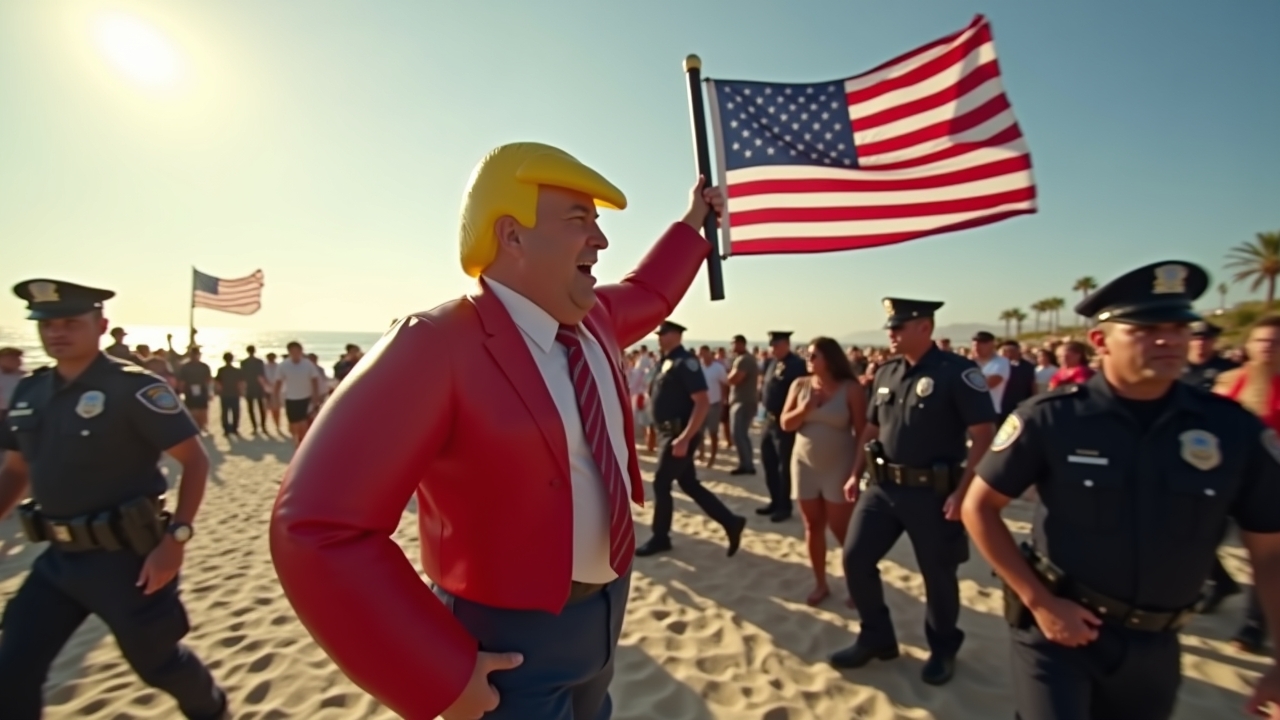
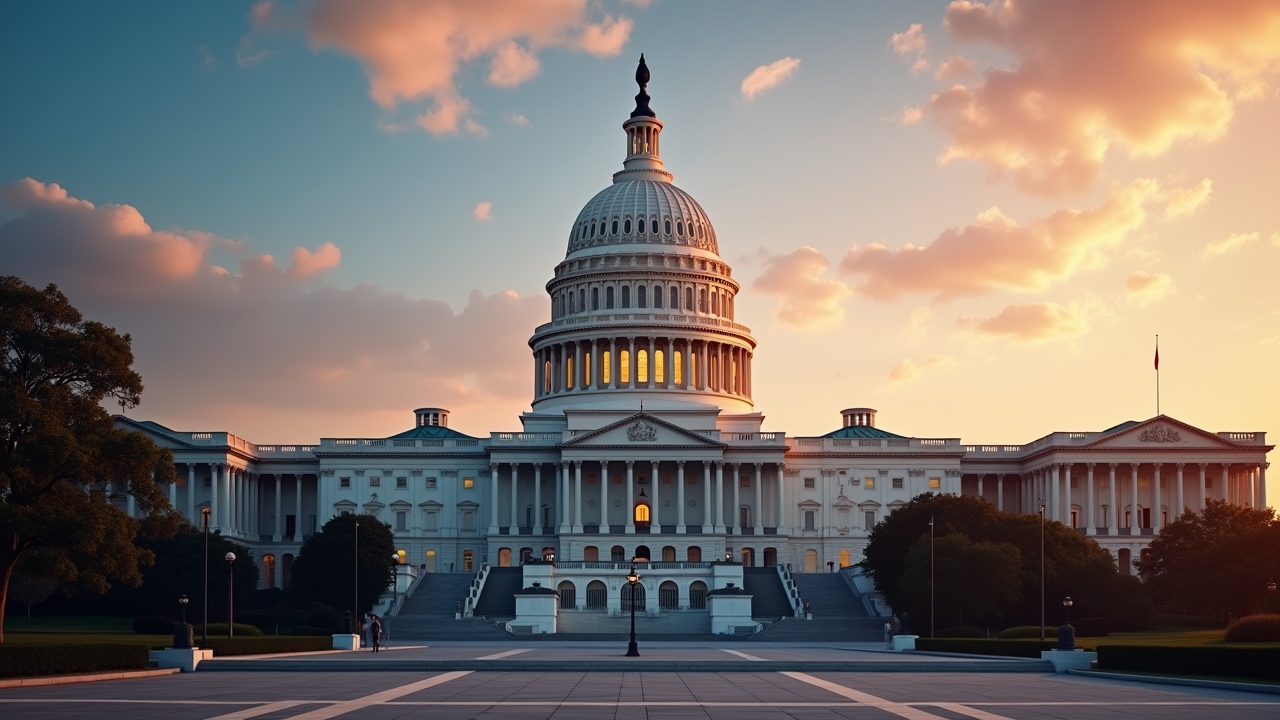
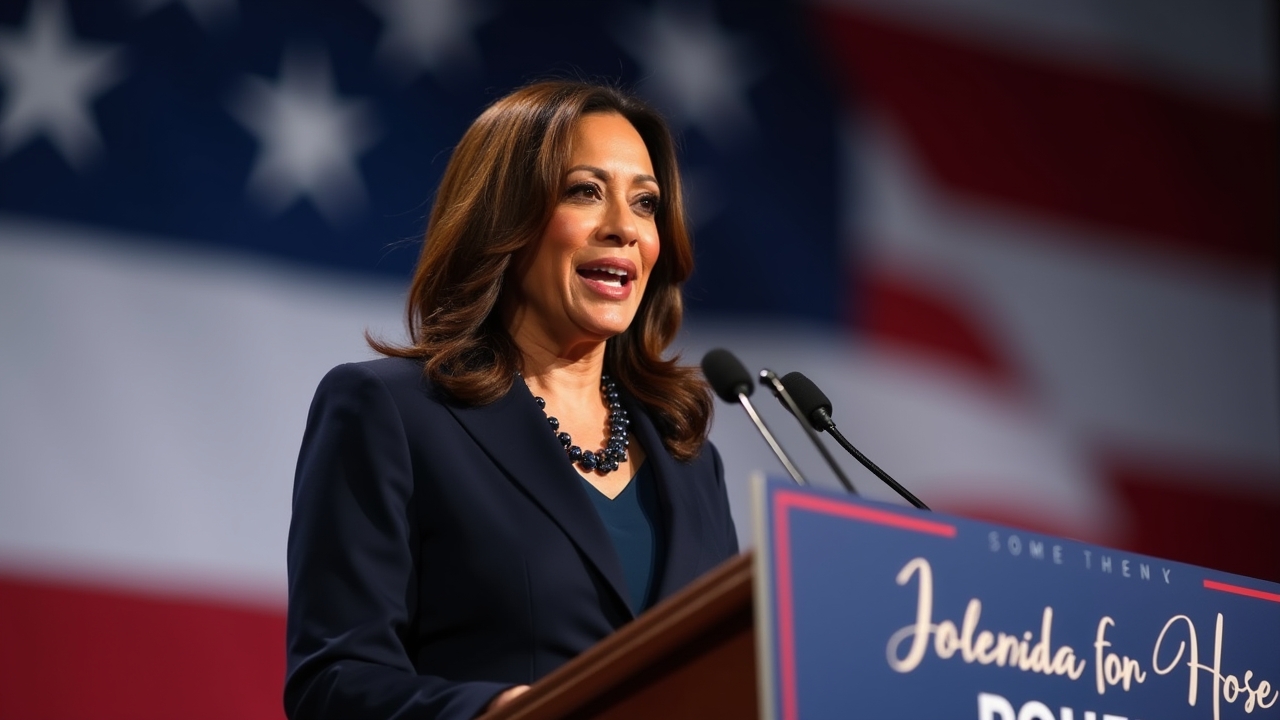

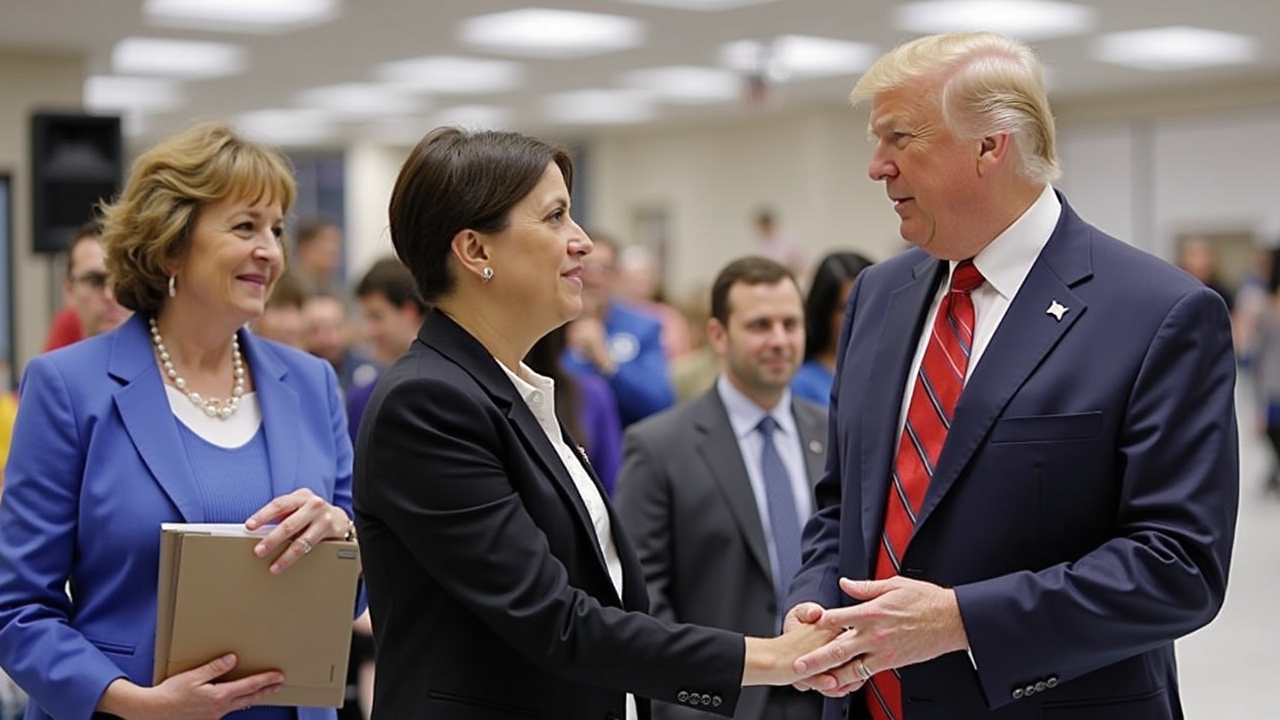

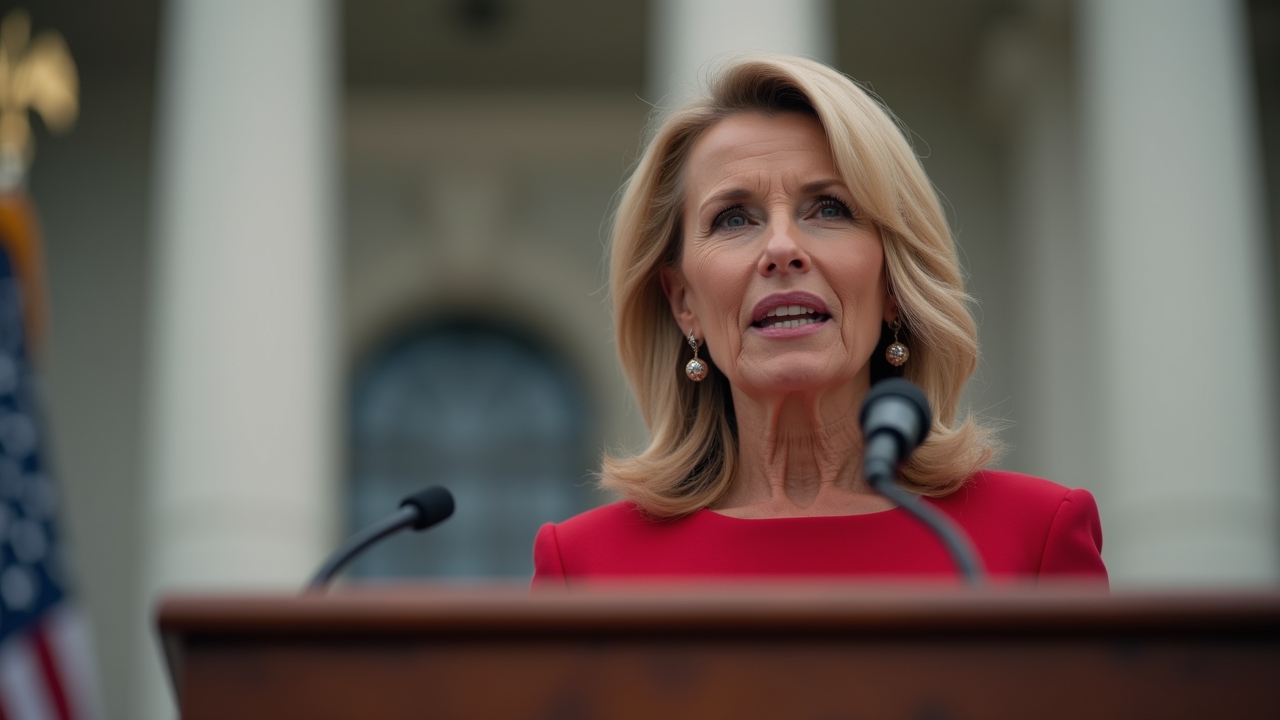
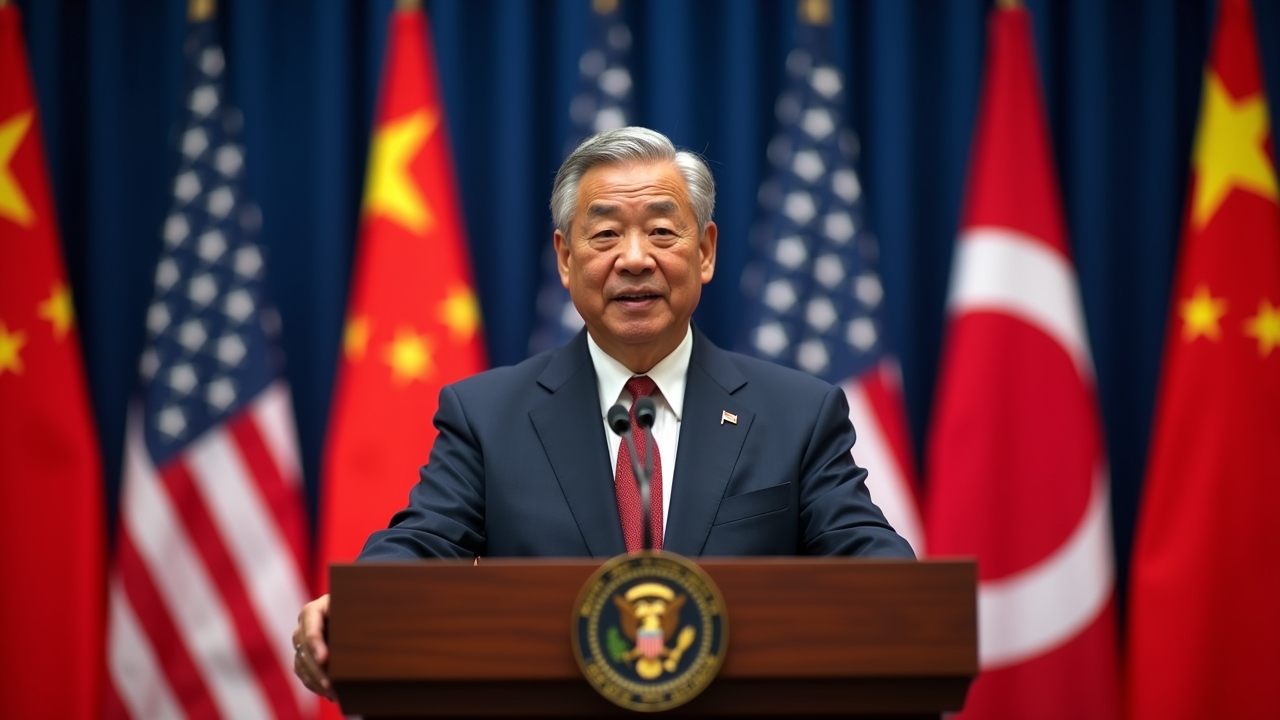










.jpg)






 English (US) ·
English (US) ·  French (CA) ·
French (CA) ·